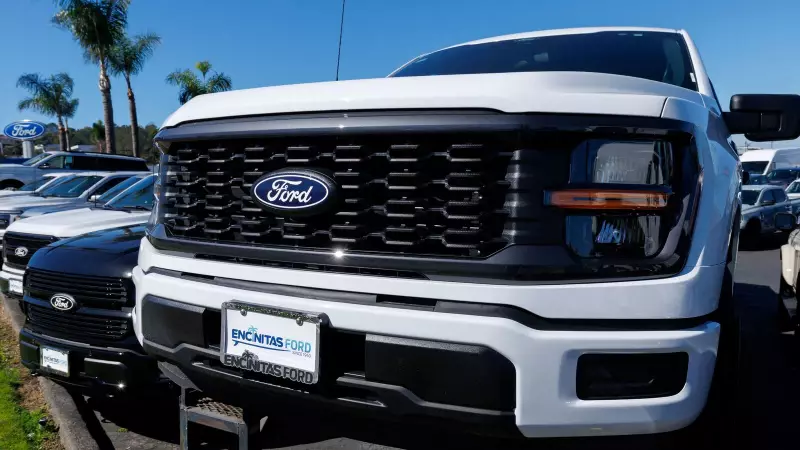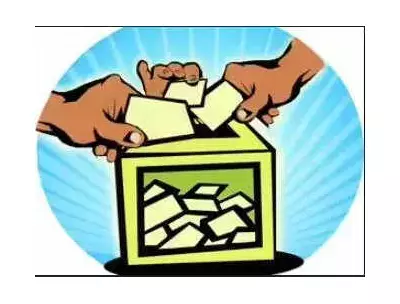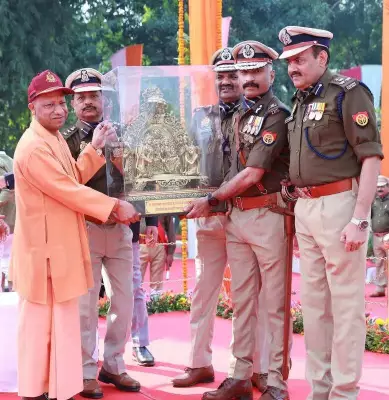
In a surprising twist of diplomatic engagement, Japanese Prime Minister Fumio Kishida has turned to American automotive iconography to strengthen political ties during his recent visit to the United States. The strategic move involved presenting none other than a classic Ford pick-up truck to former President Donald Trump, creating an unexpected moment of cross-cultural connection.
The Automotive Diplomacy Play
During high-stakes diplomatic meetings, Prime Minister Kishida revealed his unconventional approach to building rapport with the former US leader. Rather than relying solely on traditional political discourse, the Japanese leader strategically incorporated American cultural symbols into his diplomatic playbook.
The centerpiece of this diplomatic strategy was a Ford F-Series pick-up truck, specifically chosen for its deep roots in American identity and its symbolic representation of American manufacturing prowess. This wasn't merely a vehicle presentation but a carefully calculated gesture aimed at resonating with Trump's well-documented appreciation for American products and business success stories.
Trump's Enthusiastic Response
The former president's reaction proved the strategy's effectiveness. Upon encountering the vehicle, Trump enthusiastically exclaimed, "That's a hot truck!" His genuine appreciation for the American-made vehicle created an immediate point of connection between the two leaders, transcending typical political formalities.
This moment highlights how cultural understanding and symbolic gestures can sometimes achieve what traditional diplomacy cannot—creating genuine personal connections between world leaders that may facilitate more productive political relationships.
Broader Implications for US-Japan Relations
The automotive presentation occurs against the backdrop of increasingly complex US-Japan relations, where economic partnerships, security agreements, and trade considerations require careful navigation. Kishida's approach demonstrates a nuanced understanding of American political culture and the importance of personal relationships in international diplomacy.
This incident also underscores how world leaders are adapting their diplomatic strategies to account for the unique personalities and preferences of their counterparts. The choice of a Ford vehicle, specifically a pick-up truck—an American icon—shows thoughtful preparation and cultural intelligence from the Japanese delegation.
Strategic Timing and Context
The meeting comes at a crucial time for both nations, with ongoing discussions about trade agreements, security partnerships, and economic cooperation. Kishida's ability to find common ground through shared appreciation for American manufacturing excellence could potentially open doors for more substantial discussions on these critical issues.
This diplomatic maneuver serves as a reminder that international relations often operate on multiple levels simultaneously—from formal policy discussions to personal connections built through shared interests and cultural appreciation.
As global politics continues to evolve, such personalized diplomatic approaches may become increasingly important in building and maintaining crucial international alliances in an increasingly complex geopolitical landscape.





